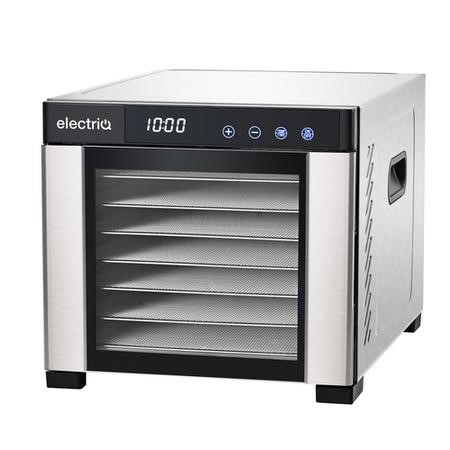Black Mountain Studio
New member
I just finished servicing my A-3340S tape deck. However, I still have a problem with a screeching noise that starts more than mid-way through a reel of tape in both high and low speeds. The noise seems to get reduced when the left tension arm is lowered away from the tape. However, I can't pinpoint the source of the noise. My reel motors are in good condition and have sealed bearings, so no oiling is needed. I also adjusted the brakes along with the take up torque and back tension for both reel sizes. Yet the screeching noise persists at about 2/3 of the way through a full reel. Does anyone know what might be the cause, and how to fix it?

